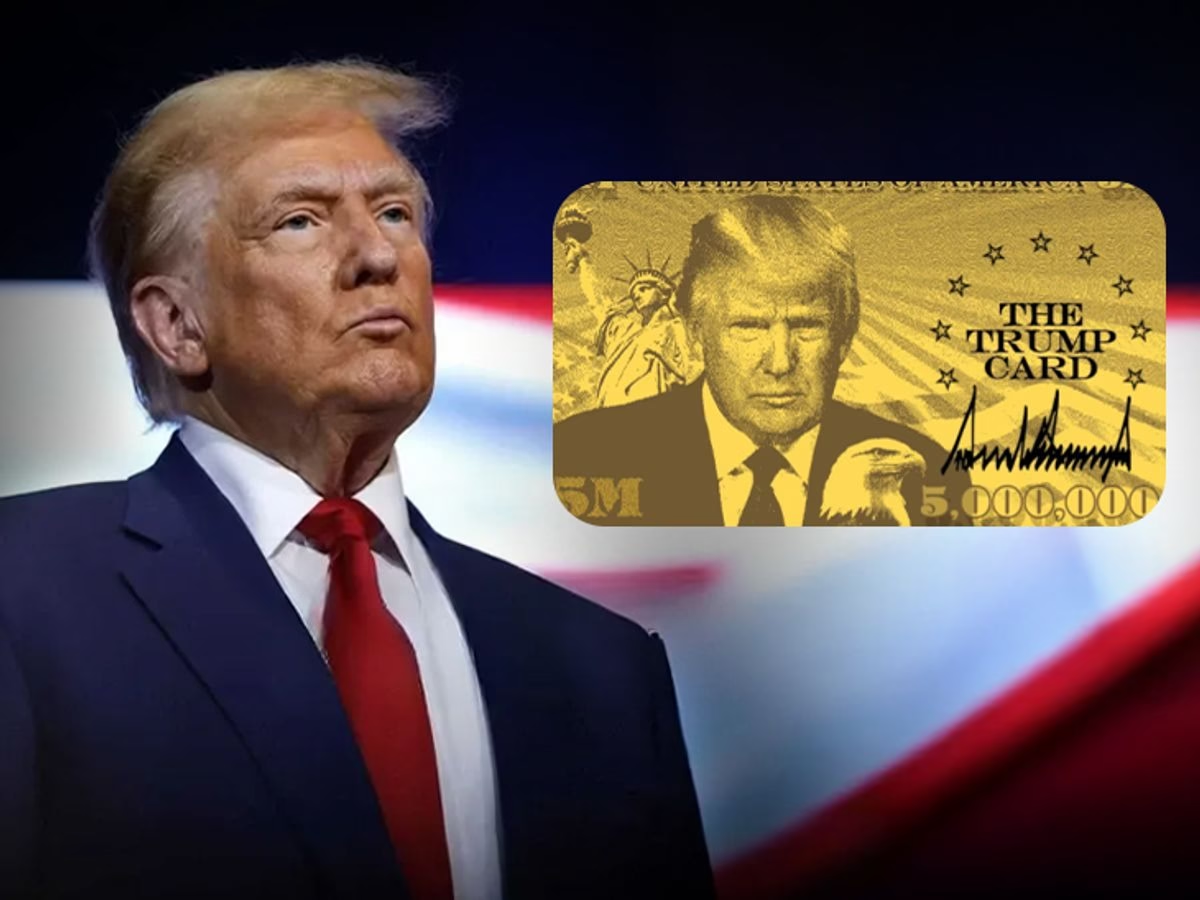US President Donald Trump on Saturday ordered an annual $100,000 fee on H-1B skilled worker visas, a move expected to have far-reaching consequences for the technology sector, which heavily relies on foreign talent.
The new measure — likely to face legal challenges — was announced alongside the rollout of a $1 million “gold card” residency program, which Trump had hinted at earlier.
“The main thing is, we’re going to have great people coming in, and they’re going to be paying,” Trump said while signing the orders in the Oval Office.
What is an H-1B Visa?
The H-1B program allows US companies to sponsor foreign professionals with specialized skills — such as engineers, scientists, and programmers — for an initial three-year stay, extendable to six years. Each year, the United States issues 85,000 H-1B visas through a lottery system, with Indians making up nearly 75% of recipients.
Impact on India and Tech Firms
Large technology companies, particularly those dependent on Indian workers, are expected to be the most affected. Many Indian professionals relocate to the US or travel back and forth under the H-1B program.
Tech leaders — including Elon Musk, once an ally of Trump — have cautioned against restricting the visas, arguing that the US lacks sufficient homegrown talent to fill critical roles.
“All the big companies are on board,” Commerce Secretary Howard Lutnick said, standing with Trump during the announcement.
Immigration Crackdown
Trump has long targeted the H-1B system. His first-term attempts to narrow qualifying job categories faced court pushback. The new fee now forms part of his broader second-term immigration crackdown.
The order, effective immediately, applies to all new H-1B applicants from Sunday. However, the Homeland Security secretary may exempt individuals, companies, or industries. The directive is valid for one year but can be extended.
Visa Trends
H-1B applications have risen sharply in recent years. The US approved roughly 400,000 visas in 2024, two-thirds being renewals, under President Joe Biden. In contrast, rejection rates peaked in 2018 during Trump’s first term.
The ‘Gold Card’ Residency
Alongside the fee hike, Trump introduced a fast-track residency scheme:
- $1 million for individuals
- $2 million for corporate-sponsored applicants
“I think it’s going to be tremendously successful,” Trump said of the program.



